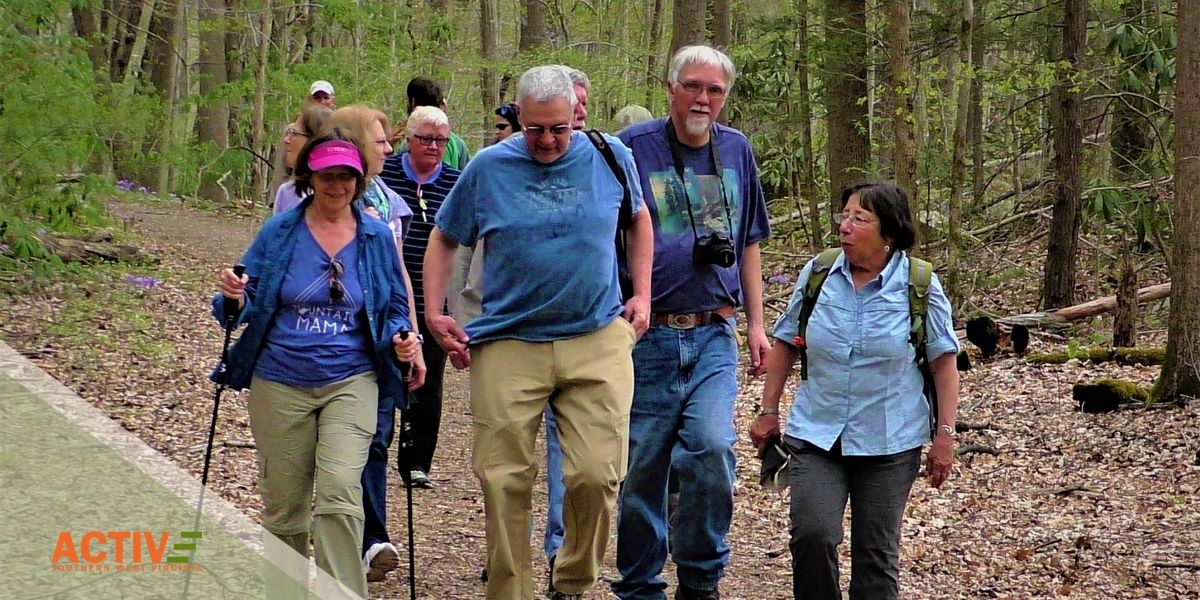
Tips and Tricks for Being Prepared Outdoors
We all know that being active and eating well are ways to stay healthy. Did you also know that spending time in the outdoors can have significant health benefits? A variety of research has been done in recent years identifying the health benefits of spending time outdoors and in nature. Here are just a few
- Spending time in outdoors can have a significant effect on stress reduction
- Walks in nature and views of green space can reduce “brain fatigue” and allow us to focus and maintain our attention better
- Children who spend time outdoors may perform better in school and have fewer behavioral problems
- Access to nature has shown to improve recovery rates of people who’ve undergone surgery
- Spending time outside can help you sleep. Spending time in bright sunlight helps regulate your circadian rhythms, allowing for better sleep patterns
- Exposure to plants and parks can help boost your immunity
- Outdoor settings encourage creative play for children to enhance their cognitive abilities
- Enhances independence, self-confidence and problem-solving skills in people of all ages
- Reduced rates of cardiovascular disease have been documented in people who spend more time outdoors
- People who spend more time outside report higher activity levels and better weight management
For more resources on the health benefits of the outdoors and nature check out these websites:
Spending Time Outdoors is Good for You
Mental Health – Nurtured by Nature
If you’re going to head for the great outdoors, here’s a few tips to keep you safe and healthy:
- Wear proper clothing
- Hydration – In either hot or cold temperatures it is very important to stay properly hydrated. There is nothing better than water for this purpose. It is just as easy to become dehydrated in colder temperatures as it is in warm, so remember to drink lots of water and avoid beverages with caffeine or high in calories, these can adversely affect you during exertion. See ReThinkYourDrinkWV for information on healthy drinks and check out this handout with infused water recipes.
- Sun protection – The CDC recommends everyone applies SPF 15 or higher before going outside, even on slightly cloudy or cool days. And it should be reapplied every two hours if you are continuously outside. Wearing hats, sunglasses and UV protection clothing are recommended.
- Clothing – Keep in mind the environment you will be in. If you will be in warm temperatures, or cold temperatures or even in between layers are always recommended, to maintain the proper protection. In extreme heat or extreme cold, you may want clothing that wicks moisture away from your body to maintain better temps. If you will be in cold, wet conditions waterproof clothing may be appropriate. Remember that if you are likely to get wet in the cold, cotton is not Synthetic materials will allow your body heat to use the moisture as a thermal layer and help keep you warm, but cotton will hold the cold water against your skin and increase your chances of cold. Click here more tips for How to Dress for the Outdoors.
- Shoes – are a must. Depending on your type of activity you want to make sure your feet have the proper equipment. If you are heading out into the woods you may want to be sure to wear hiking boots that will protect you from sharp objects, poison plants and even venomous creatures. If you are running or walking for exercise there is a wide variety of shoes for each kind of activity, street runners perform differently than trail runners usually designed for dry, wet and uneven surfaces.
- Be safety conscious – if you are heading outdoors, be sure to have a safety plan. If you are headed on an all day hike or run, be sure someone else knows where you are going and when you’ll be back. If you are allergic to anything, be sure to carry the proper treatments, such as Benadryl or an Epi-pen. Basic precautions should be taken, if something does go wrong, how will you get out safely? Have a plan. Here are some Nature Safety Tips for getting outside with kids.
Snacks ideas for on the go:
It can be easy when a planning a day out to gather whatever is handy for outdoor adventure snacks. Quick and portable does not have to mean unhealthy. Low-fat high-protein snacks can keep you fuller longer and avoid that icky feeling that comes with sweet snacks. Here are some great ideas for healthy and portable snacks for long day on the go:
- 30 High Protein Snacks That Are Healthy and Portable
- 100-Calorie Snacks to Pack
- 28 Healthy, packable snacks
For help planning physical activity, check out the Active SWV calendar for free family friendly activities near you.
Article by guest contributor:
Lauren Weatherford,
Associate Professor and Family & Community Development Agent for WVU Extension Service.
Contact Lauren at lauren.weatherford@mail.wvu.edu

